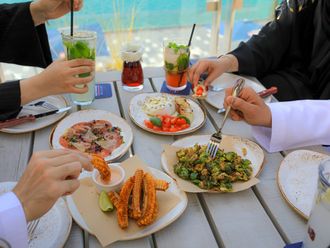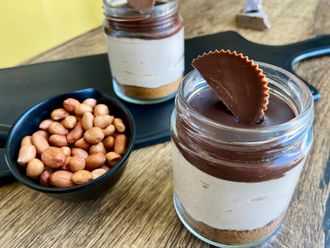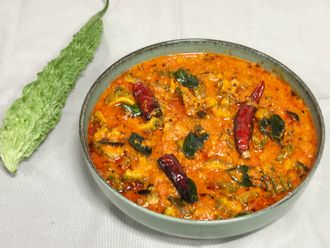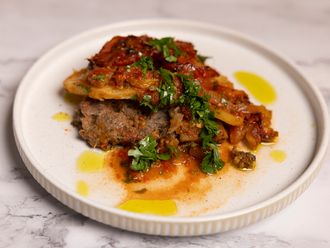
Dubai: Travelers from the UAE have been advised to be extra careful the next time they go on a trip, with more and more people reporting that they have fallen ill due to food poisoning while abroad.
Premjit Bangra, general manager at Sharaf Travel Services in Dubai, said it is a great idea to seek the advice of colleagues and friends, and check references online before they attempt to sample the local fare at a foreign destination.
According to law firm Slater and Gordon, there has been a rise in the number of people seeking their help after falling ill overseas. Legal experts at the company have assisted a number of clients who filed compensation claims after suffering from food poisoning abroad due to Salmonella, Listeria, Hepatitis A virus and E. coli infection.
In a study among 20,000 holidaymakers, the firm found that a quarter of the respondents in the UK have been struck down with food poisoning while on holiday. About three in ten of those who contracted food poisoning said they had spent most of the break in bed as a result, with one in 20 being forced to shorten their trip.
More than half of these travelers said they now avoid foreign food when they visit a foreign country for fear of getting sick.
Based on the travelers’ responses, the company came up with a list of destinations that have left holidaymakers making a dash for the bathroom more often than the beach.
Spain topped the list, followed by Turkey, Egypt, Greece and France. Also in the list are Italy (6th), America (7th), India (8th), Morocco (9th) and Thailand (10th).
Bangara said they did not receive any food poisoning complaints last year from their clients based in the UAE, but this is probably because most of the people they book are not traveling on individual or leisure trips.
“We have had quite a number of our clients visiting Turkey, Spain and Egypt and I can confidently say that they have returned with happy memories and this might be the flip side of this case being debated,” said Bangra.
“[But] I personally travel around a bit and would also like to share a few tips to prevent food poisoning on a holiday.”
Bangara said travelers can minimise the risk of bacterial and fungal infections in many parts of the world if they always drink bottled water. Avoiding oily and spicy food could also save a lot of trouble.
“I personally check the popularity of an eatery by the number of patrons inside before I make a decision on eating there.”
“It is great to sample local food in a country, but one must check references on Trip Advisor or similar for comments on a particular eatery or area. A general rule of thumb would be to seek the advice of colleagues or friends who have traveled to this destination before. I find their advice invaluable in choosing restaurants to sample the local fare,” he said.
Slater and Gordon said it is important that travelers secure a comprehensive insurance that provides adequate medical cover while traveling abroad. Packing some basic medicines that could help alleviate any discomfort while away is a smart idea as well.
If travelers do get sick, they should keep any documentation, including receipts for treatment and incident report forms.
















